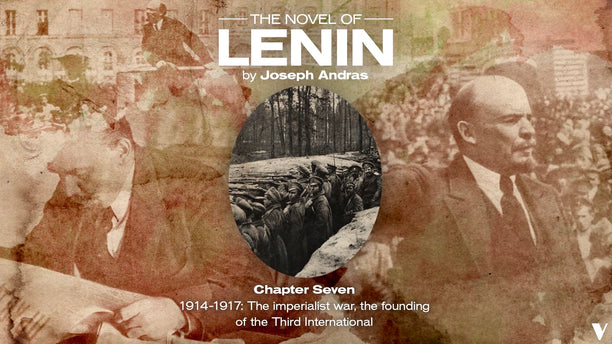
To whom does Rosa Luxemburg belong?
The KPD transformed Rosa Luxemburg into a safely dead martyr, but her legacy continues to be a rich resource for ongoing global struggles.

The KPD transformed Rosa Luxemburg into a safely dead martyr, but her legacy continues to be a rich resource for ongoing global struggles.


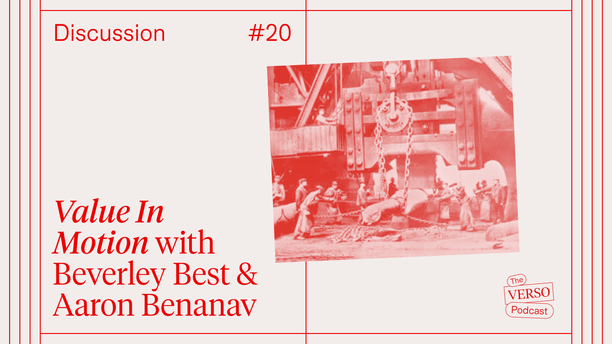
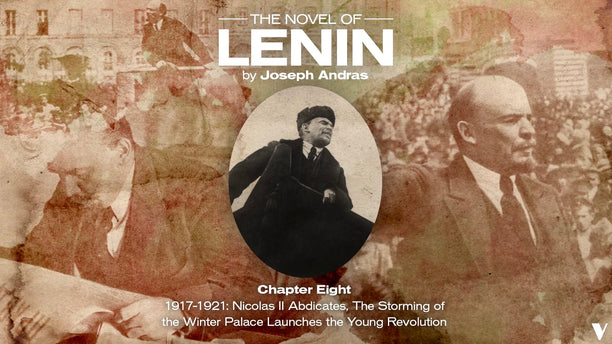
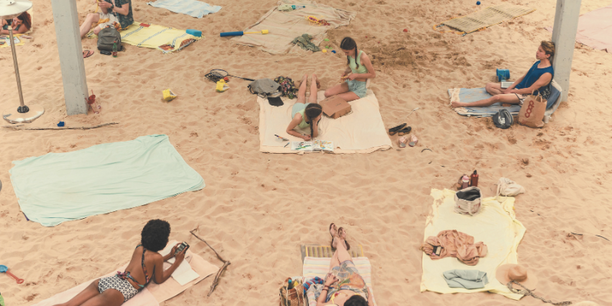
Disordered Attention: How We Look at Art and Performance Today by Claire Bishop is one of our Verso Book Club June reads.

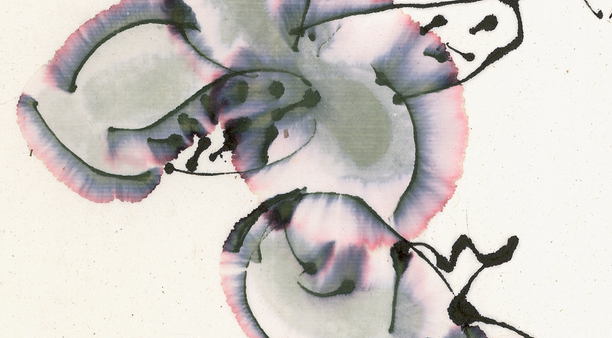

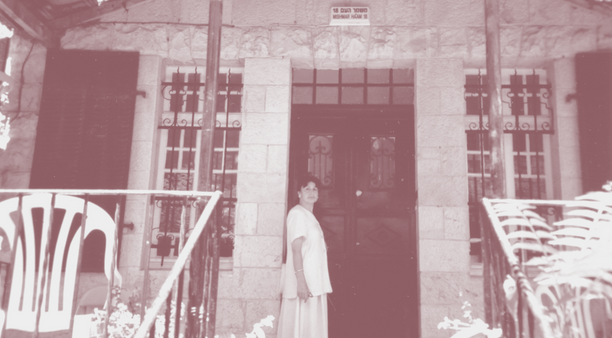

The book publishing industry is in crisis, so why is it so hard to talk about the labour that goes into making books?
